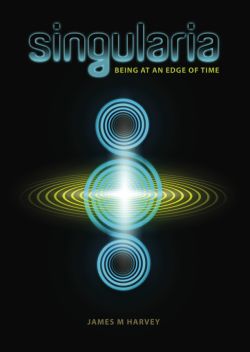Transhumanists identify scientists and theorists that have been especially important to the development of the movement. Among these are Charles Darwin, Friedrich Nietzsche, and Richard Feynman. But could we identify hero figures that have done the same? And, what is the relationship between Transhumanism and heroism?
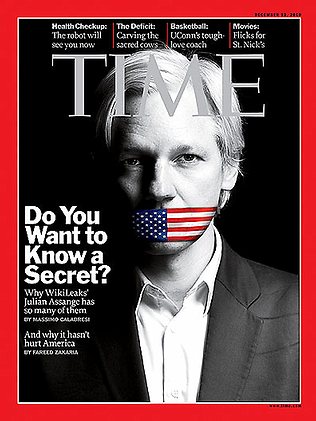 I came to this question after learning of Australia’s recognition of Julian Assange as a heroic figure, awarding him the Australian Peace Prize for “exceptional courage in pursuit of human rights.” Assange is a live, modern day Prometheus figure, thought to have ‘stolen fire from the Gods.’ By demonstrating computer security weaknesses in bureaucratic systems, he stole the presupposition of secrecy, and hence power, from government authorities; an act, most unanimously considered ‘heroic’ by hacking communities.
I came to this question after learning of Australia’s recognition of Julian Assange as a heroic figure, awarding him the Australian Peace Prize for “exceptional courage in pursuit of human rights.” Assange is a live, modern day Prometheus figure, thought to have ‘stolen fire from the Gods.’ By demonstrating computer security weaknesses in bureaucratic systems, he stole the presupposition of secrecy, and hence power, from government authorities; an act, most unanimously considered ‘heroic’ by hacking communities.
Arguably, Assange’s goals are consistent with, but not a major component of Transhumanist goals more generally. Could there be a heroic act that would be more authentically, and formally Transhumanist? And if so, what would it be?
In some ways, the need for a hero figure in the pursuit of Transhumanist goals does not seem pressing, given that many Transhumanist ends await further technological development. There is little sense of urgency in the present community to seek immediate legislative reform restricting Transhumanist pursuits; although some topics, like the banning of stem cell research, seem to strike an activist nerve in many Transhumanists. And, technology itself can be used to achieve many of the goals of Transhumanism, such as bringing about more efficient, limited and transparent governance, which would previously have required more radical forms of political advocacy, and perhaps heroism to achieve. Do all trends seem to be moving in the right direction? Can we foresee any major obstacles in our way that may require acts of heroism to move beyond?
It is worth noting that there are no real Transhumanist heroes in the fiction world, either. Kyle Munkittrick argues that superhero movies tend to play out in such a way that may actually make us more fearful of Transhumanism, rather than ellicit positive feelings about the movement. I argue that if fiction scenarios were to more accurately depict Transhumanism, in the way the protagonist in David Simpson’s novel Post-Human does, heroic figures could inspire and help transmit the doctrine of Transhumanism, and provoke relevant creative thought on the matter.
In real life, robots are acting as heroes in disaster relief scenarios, entering situations too dangerous for human rescuers. What does the lack of association between “heroism” and “Transhumanism” mean? Why does heroism not seem to apply to, or mix well with, Transhumanism? Could we be doing more to improve the human condition with technology now? Do we need to focus on advanced technology improving conditions further in developed nations, or, should we be advocating a more spirited use of technology now available to improve the human situation in developing nations? Probably so. But beyond that, I don’t think there is any deep meaning implied by the lack of connection with heroes here; Transhumanism is a unique worldview, and this is just another one of its unique characteristics.
About the Author:
 Nikki Olson is a writer/researcher working on an upcoming book about the Singularity with Dr. Kim Solez, as well as relevant educational material for the Lifeboat Foundation. She has a background in philosophy and sociology, and has been involved extensively in Singularity research for 3 years. You can reach Nikki via email at [email protected].
Nikki Olson is a writer/researcher working on an upcoming book about the Singularity with Dr. Kim Solez, as well as relevant educational material for the Lifeboat Foundation. She has a background in philosophy and sociology, and has been involved extensively in Singularity research for 3 years. You can reach Nikki via email at [email protected].
Related articles
- Enough Is Not Enough: The Integration of Transhumanism into Pop Culture
- Transhumanism for Children
- Transhumanism and the Technological Singularity
- How Do Transhumanists Party?
- Question Everything: Max More on Singularity 1 on 1
- R.U. Sirius on Singularity 1 on 1: Question the Authority of Your Brain




 Today, my guest on
Today, my guest on 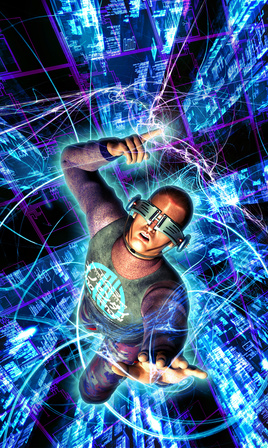
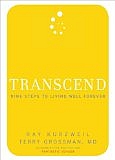
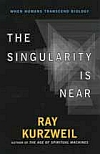
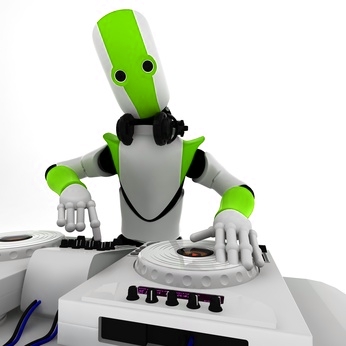
 Nikki Olson is a writer/researcher working on an upcoming book about the Singularity with Dr. Kim Solez, as well as relevant educational material for the Lifeboat Foundation. She has a background in philosophy and sociology, and has been involved extensively in Singularity research for 3 years. You can reach Nikki via email at
Nikki Olson is a writer/researcher working on an upcoming book about the Singularity with Dr. Kim Solez, as well as relevant educational material for the Lifeboat Foundation. She has a background in philosophy and sociology, and has been involved extensively in Singularity research for 3 years. You can reach Nikki via email at 

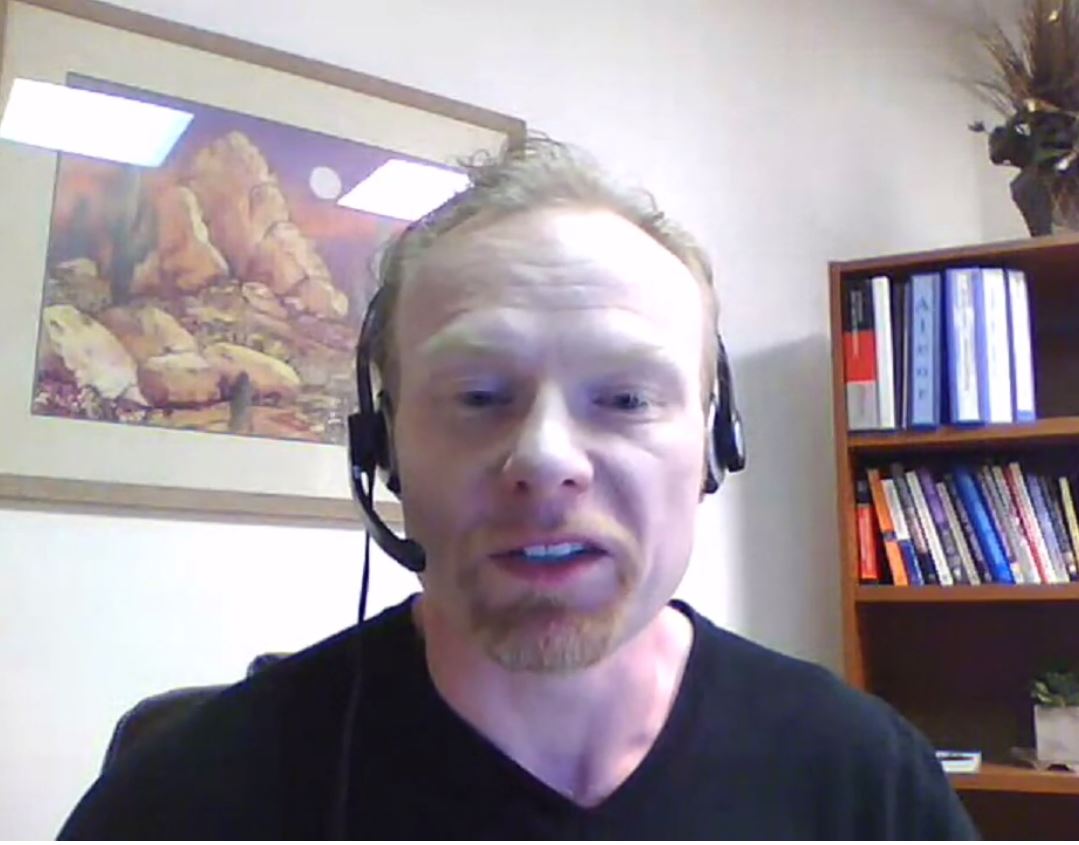 Today my guest on
Today my guest on 

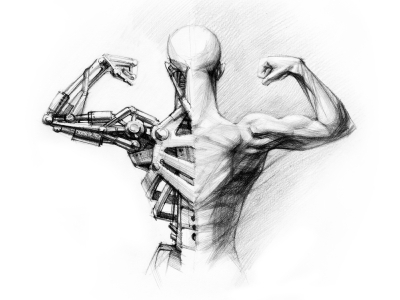





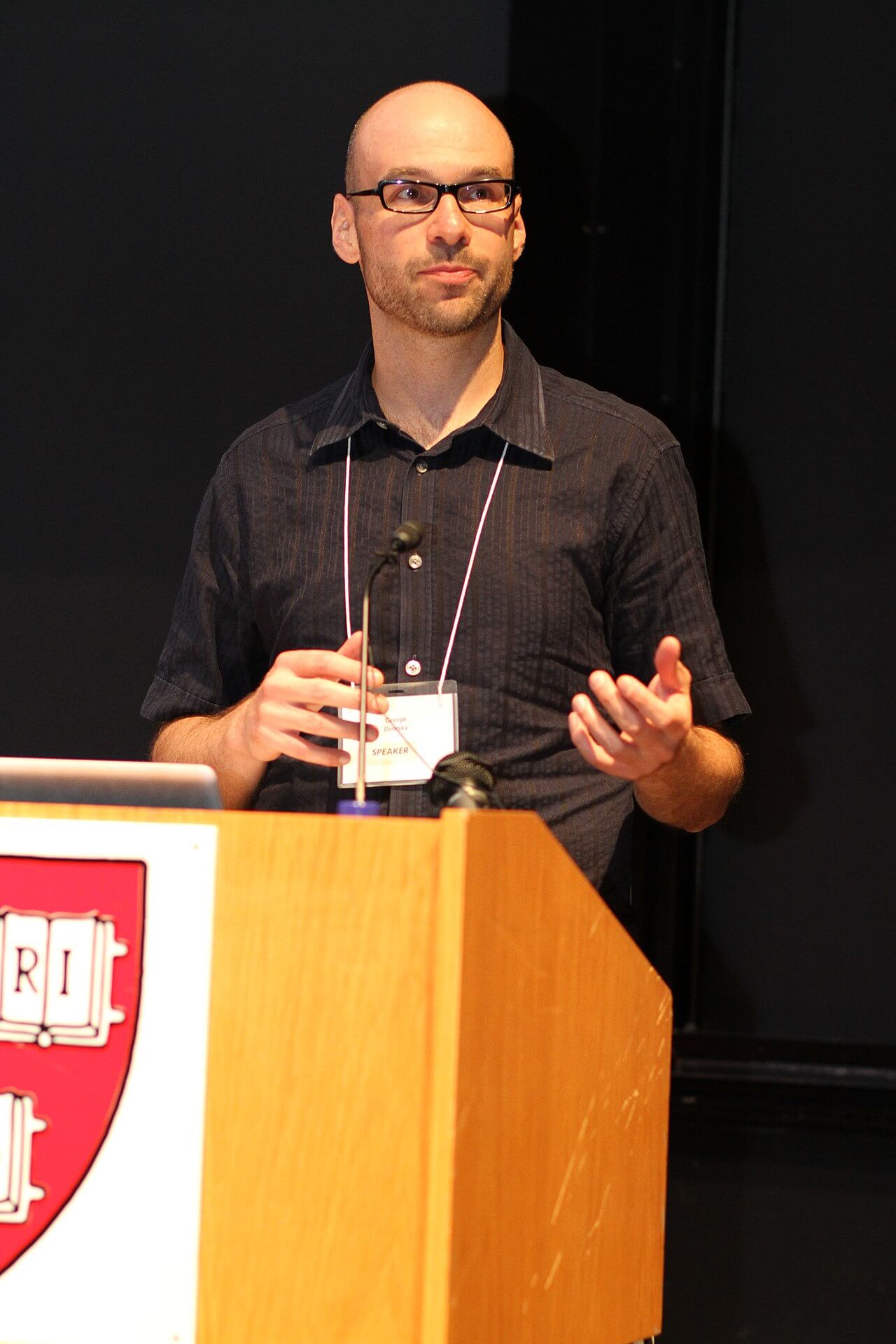 In this edition of
In this edition of 
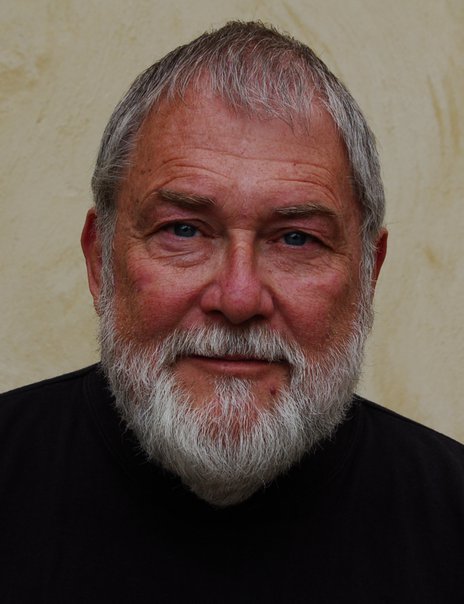 This is my first singularity
This is my first singularity 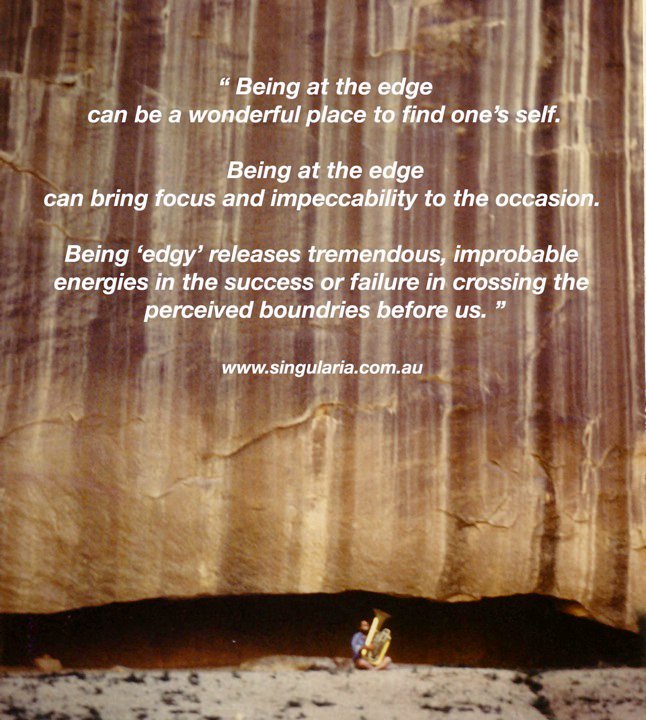 The result was that even though I didn’t agree with all of James’ arguments logically, I dare say that I felt a deep connection to him, and he managed to move me. Thus, even though this was the first direct conversation between us, I hope that I will have the privilege to talk and socialize with him more and that, eventually, one day, I can call him my friend.
The result was that even though I didn’t agree with all of James’ arguments logically, I dare say that I felt a deep connection to him, and he managed to move me. Thus, even though this was the first direct conversation between us, I hope that I will have the privilege to talk and socialize with him more and that, eventually, one day, I can call him my friend.